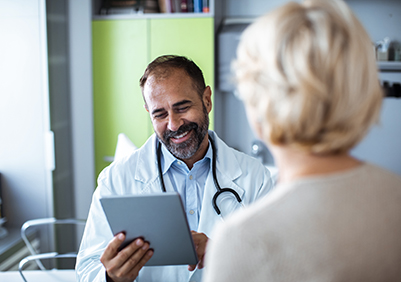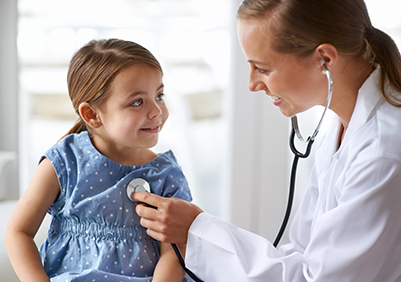Infectious Disease
Infectious Diseases
What are Infectious Diseases?
Infectious diseases are caused by harmful germs that are not normally present in the body. There are four main types of disease-causing organisms that can cause infection:
- bacteria
- funguses
- parasites
- viruses
Various Types, Causes & Symptoms
Learn About Infectious Diseases
There are dozens of infectious diseases that can affect every part of the body. A few of the most common ones include:
- COVID-19, a viral infection that can cause a range of symptoms including severe respiratory problems
- Diseases spread by mosquitoes, including chikungunya virus, dengue hemorrhagic fever, West Nile virus and Zika virus
- Hepatitis, a group of viral liver infections
- Influenza, or the flu, a viral infection that affects the respiratory system
- Lyme disease
- Meningitis
- Pertussis, or whooping cough
- Sexually transmitted infections such as chlamydia, gonorrhea, syphilis and human immunodeficiency virus (HIV)
- Tuberculosis, a bacterial infection of the lungs
An infectious disease occurs when germs enter the body and begin to multiply. Some of the ways infectious diseases spread include:
- Breathing in droplets that enter the air when an infected person coughs, sneezes or talks
- Consuming contaminated food or water
- Insect bites, particularly ticks and mosquitoes, or animal bites
- Touching an infected person or surface
Infectious disease symptoms vary widely in type and severity. Some symptoms infectious diseases may share include:
- Diarrhea
- Fatigue
- Fever and chills
- Muscle aches and headache
- Vomiting
How are Infectious Diseases Diagnosed?
Infectious diseases can be diagnosed using one of the following kinds of tests:
- Antigen tests can be used to identify some viruses.
- Polymerase chain reaction tests can detect viruses that cause diseases, such as COVID-19, during the earliest stages of infection.
- Rapid diagnostic tests (RDTs) can quickly diagnose diseases such as COVID-19, flu, strep throat, malaria and HIV.
Additional laboratory tests of body fluids such as blood, mucus, saliva and stool may be needed to confirm a diagnosis.
Prevention of Infectious Diseases
Good hygiene and health practices can help stop infectious diseases from spreading.
- Vaccines are available to prevent many infectious diseases including COVID-19, chickenpox, dengue, flu, hepatitis A and B, meningitis, measles, mumps, pertussis (whooping cough), rubella and shingles.
- Avoid contact with people who are sick.
- Wash hands often with soap and water for at least 20 seconds.
- Cover sneezes and coughs.
- Disinfect frequently touched surfaces around the home and workplace.
- Practice safe sex.
- Prevent mosquito and tick bites with appropriate clothing and insect repellent.
For some infectious diseases such as HIV, preventive medications are available.
Infectious Disease Treatments
Many infectious diseases can be cured with appropriate treatment. Currently, there is no cure for certain infectious diseases such as HIV, but treatments are available to ease symptoms and prevent the disease from progressing.
Medications that target the specific disease-causing organism are the primary treatment method. Options may include antibiotics to eliminate bacteria, antiviral drugs to fight viruses or antifungals to combat funguses. Some serious infectious diseases may need more intensive therapies to help fight the infection.
Some infectious diseases can cause complications or lead to related health conditions that require additional treatment.



